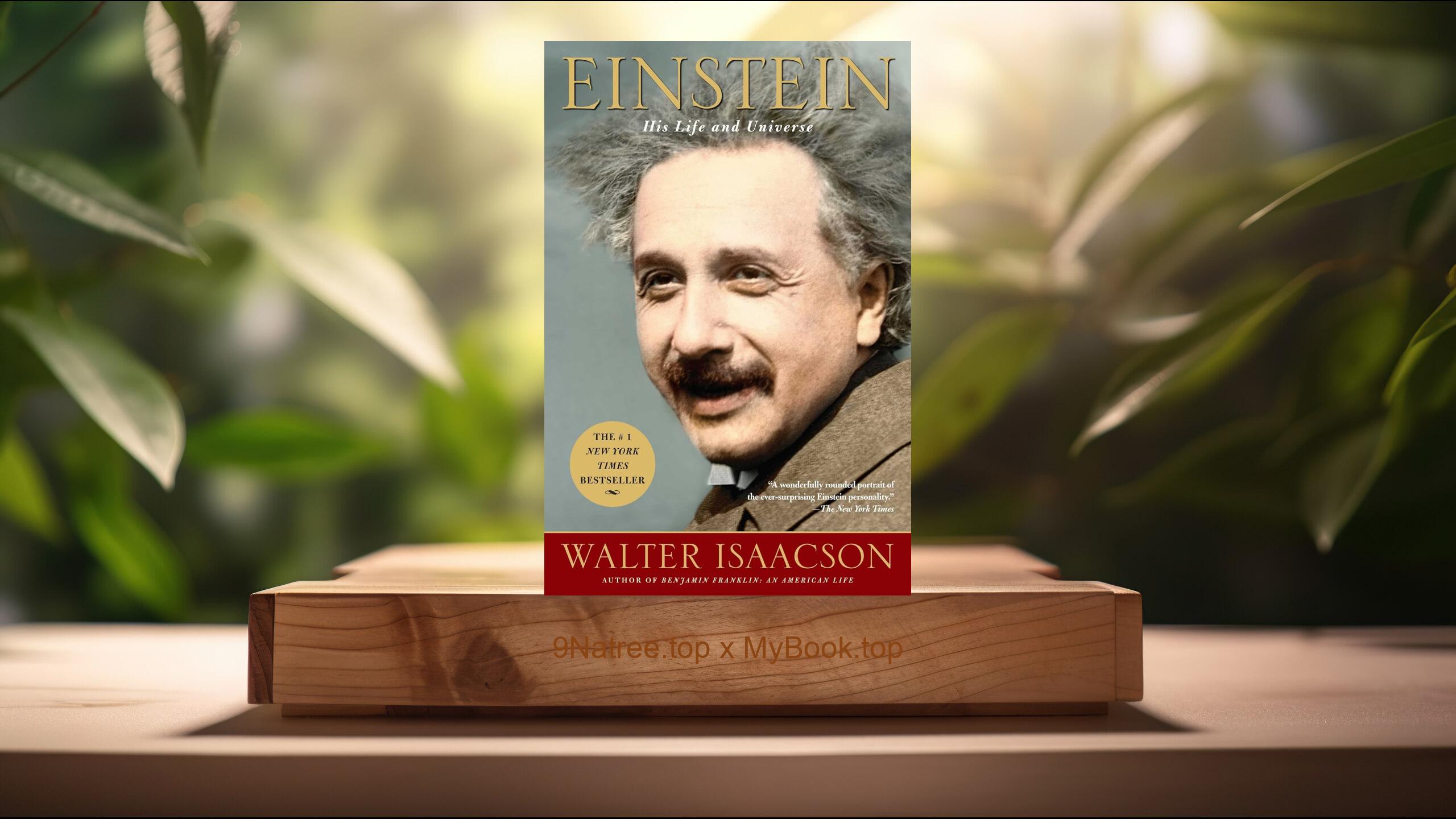Show Notes
- Amazon USA Store: https://www.amazon.com/dp/B00Z3G239W?tag=9natree-20
- Amazon Worldwide Store: https://global.buys.trade/The-Productivity-Project-Chris-Bailey.html
- Apple Books: https://books.apple.com/us/audiobook/the-productivity-project-accomplishing-more-by/id1677968653?itsct=books_box_link&itscg=30200&ls=1&at=1001l3bAw&ct=9natree
- eBay: https://www.ebay.com/sch/i.html?_nkw=The+Productivity+Project+Chris+Bailey+&mkcid=1&mkrid=711-53200-19255-0&siteid=0&campid=5339060787&customid=9natree&toolid=10001&mkevt=1
- Read more: https://mybook.top/read/B00Z3G239W/
#ProductivityImprovement #TimeManagementStrategies #AttentionFocusTechniques #EnergyOptimization #ProcrastinationManagement #PersonalExperimentation #MindfulnessinProductivity #TheProductivityProject
These are takeaways from this book.
Firstly, Managing Your Time, One of the pillars of Chris Bailey's productivity philosophy is effective time management—a concept far deeper than simply keeping a schedule or meeting deadlines. Through 'The Productivity Project,' Bailey emphasizes that time management isn't about cramming more tasks into each day, but about choosing the right tasks and allocating the appropriate amount of time to them. Central to this argument is the idea that we all have a limited amount of time each day and that the productivity of this time varies. By understanding our high productivity periods—often called 'biological prime time'—we can tackle our most challenging tasks during these windows. Bailey provides strategies for identifying these periods, as well as for handling interruptions, balancing workloads, and saying no to commitments that don't align with our goals. Ultimately, managing your time efficiently is about creating more value, not just staying busy.
Secondly, Harnessing Attention, In today’s digital age, maintaining focus is a significant challenge, one that 'The Productivity Project' does not shy away from tackling. Chris Bailey outlines the importance of cultivating a strong attention span to enhance productivity, presenting tactics to safeguard it from countless distractions. Harnessing attention is not about limiting access to technology per se but about developing mindfulness and intentionality in our interactions with information. Bailey introduces exercises to strengthen concentration, such as meditation and strategies to minimize multitasking, which can dilute the intensity of our focus and lead to decreased productivity. He stresses the importance of creating environments conducive to focus, suggesting changes in digital habits and physical workspace arrangements. By mastering our attention, Bailey argues, we unlock the potential to work not harder, but smarter.
Thirdly, Optimizing Energy, Energy management is a cornerstone of productivity that Chris Bailey explores with great insight. Recognizing that our energy levels fluctuate throughout the day, Bailey advises on structuring tasks in harmony with these natural rhythms. Key to this is the recognition of our physical needs—nutrition, exercise, sleep—as factors that significantly affect energy levels. By optimizing these aspects of our life, we can maintain a steady level of productivity. Bailey provides empirical evidence and personal anecdotes to show how small changes in lifestyle, such as adopting a healthier diet, prioritizing sleep, and regular exercise, can amplify our daily productivity. He also discusses the psychological aspects of energy, including motivation and willpower, and how understanding and managing these can bolster our physical energy and overall productivity.
Fourthly, The Role of Procrastination, Contrary to the common view of procrastination as purely negative, Chris Bailey presents it as a complex phenomenon that, when understood, can be harnessed for productivity. In 'The Productivity Project,' procrastination is dissected into its various forms, some of which can be indicative of mismatched priorities or a lack of energy. Bailey suggests that not all procrastination should be fought against; instead, it should be analyzed for underlying causes. He offers strategies for managing procrastination, such as breaking tasks into smaller, more manageable parts, changing your environment to reduce temptations, and using rewards. By reevaluating our relationship with procrastination, Bailey argues, we can turn it from a foe into an ally in our quest for productivity.
Lastly, Experimentation and Reflection, A recurring theme in 'The Productivity Project' is the value of experimentation and reflection in personal productivity. Chris Bailey himself embarked on a year of productivity experiments, and he encourages readers to do the same. This process involves trying different techniques, tools, and schedules to find what genuinely works for the individual. Bailey emphasizes the importance of reflecting on these experiments to understand their impact on productivity. This iterative process of testing and reflection helps individuals craft a personalized productivity system that aligns with their goals, strengths, and life circumstances. Bailey's approach demystifies productivity and makes it a personal journey of discovery and improvement.
![[Review] The Productivity Project (Chris Bailey) Summarized](https://episodes.castos.com/660078c6833215-59505987/images/2023733/c1a-085k3-wwx48jjxur9v-3bbn97.jpg)




